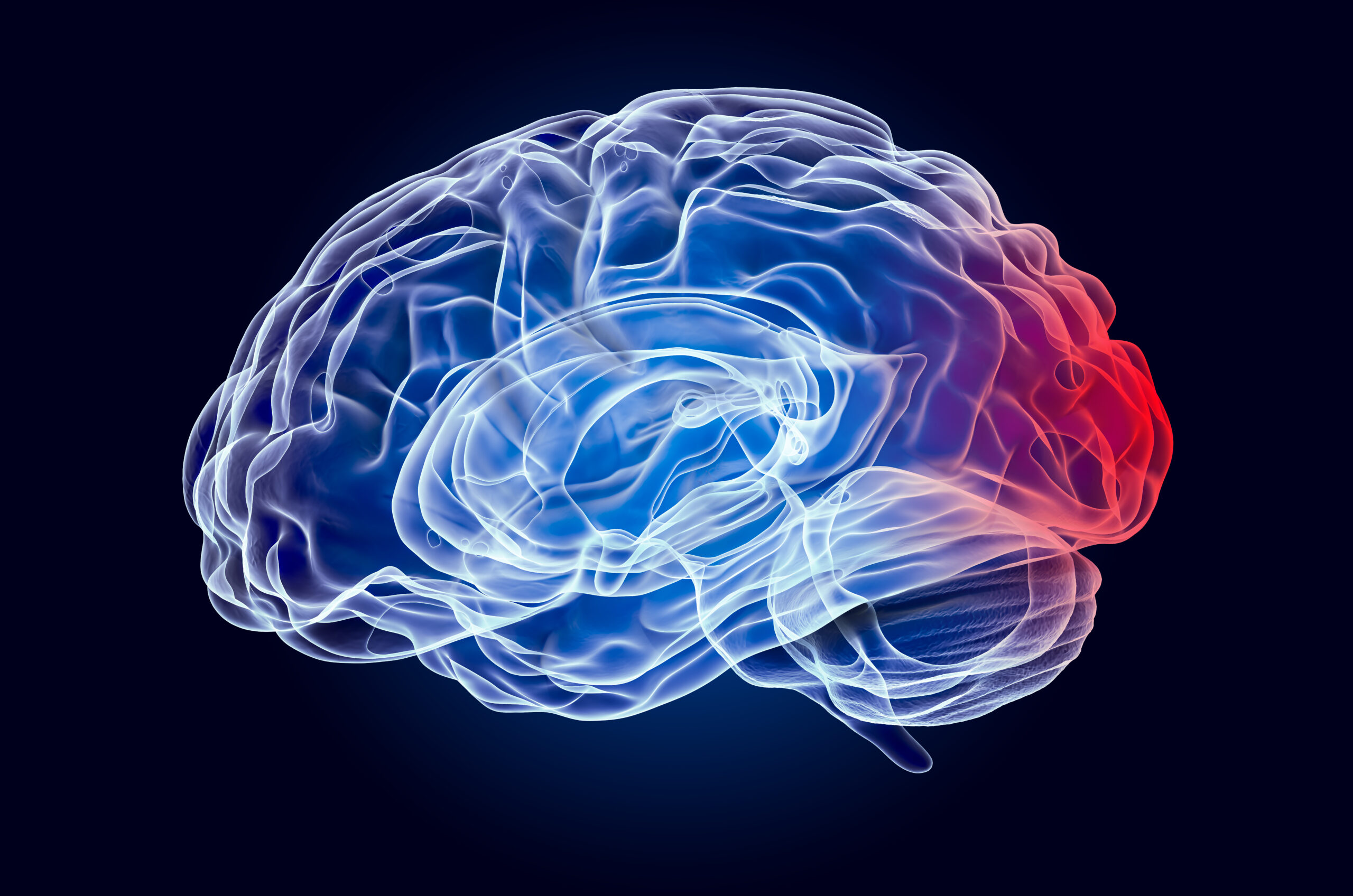Can Alcohol Reduction Benefit Brain Function
**Can Cutting Back on Alcohol Help Your Brain Work Better?**
Alcohol is a common part of social life, but its effects on the brain are often overlooked. Research shows that reducing alcohol intake—or quitting entirely—can lead to noticeable improvements in brain function and overall mental health. Here’s how it works:
—
### **Short-Term Benefits of Reducing Alcohol**
Even small changes can make a difference quickly:
– **Better focus and memory**: Within days, your brain starts recovering from alcohol’s foggy effects, leading to sharper thinking[4].
– **Improved sleep**: Alcohol disrupts deep sleep cycles. Cutting back helps you wake up feeling refreshed[1].
– **Mood boosts**: Less alcohol means fewer mood swings and lower anxiety for many people[1][4].
—
### **Long-Term Brain Health Gains**
Heavy drinking is linked to lasting damage, but reducing intake can reverse some harm:
– **Protection against dementia**: Studies show heavy drinking increases the risk of brain lesions and conditions like vascular dementia by damaging blood vessels and brain tissue[2][5]. Even moderate drinkers (8+ drinks weekly) face higher risks than non-drinkers[5].
– **Brain structure recovery**: Chronic alcohol use shrinks gray matter (critical for decision-making) and white matter (which connects brain regions). Quitting helps restore these areas over time[3][4].
– **Sharper cognitive skills**: Former heavy drinkers who quit often see improvements in memory, problem-solving, and mental clarity within months[2][4].
—
### **How Much Is Too Much?**
The line between “moderate” and risky isn’t always clear:
– Heavy drinking (8+ drinks weekly) doubles the risk of abnormal brain tissue linked to dementia[5].
– Even moderate drinking may contribute to subtle cognitive decline over years[3][5].
—
### Practical Steps to Support Your Brain
1. **Track your drinks**: Apps like Drinkaware help monitor intake. Aim for fewer than 7 drinks weekly if you choose to drink.
2. **Swap habits**: Replace evening beers with herbal tea or sparkling water. Socialize in settings that don’t revolve around alcohol.
3. Prioritize nutrients: Foods rich in omega-3s (like walnuts), antioxidants (berries), and B vitamins support brain repair—supplements can fill gaps if needed[3][4].
—
### The Bottom Line
While not everyone needs to quit entirely, cutting back significantly reduces risks tied to memory loss, poor focus, and long-term cognitive decline. Your brain has a remarkable ability to heal—giving it a break from alcohol might be one of the best ways to keep it sharp for years ahead.[1][2][5]





